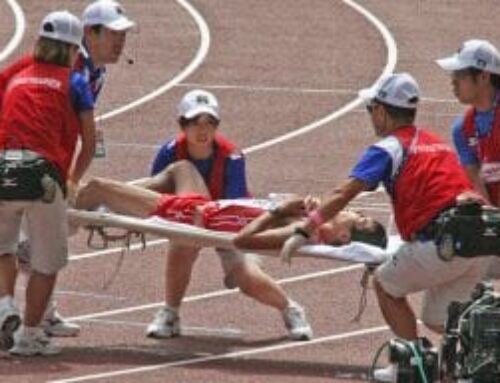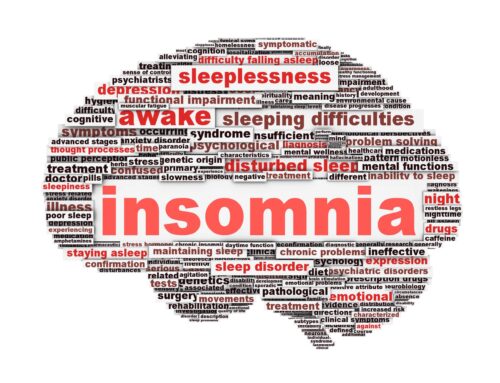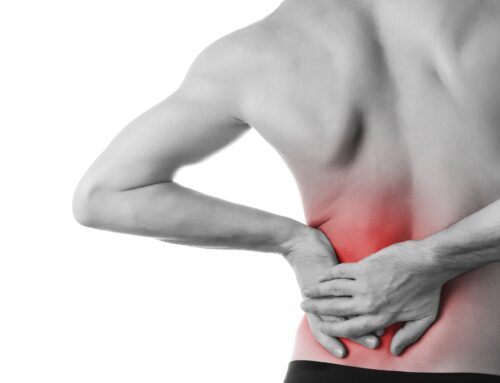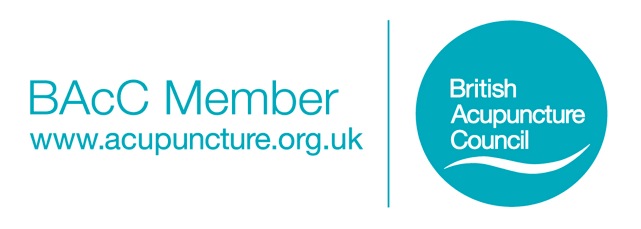To mark World Mental Health Day (10th October) there is new research that suggests that anxiety is often suffered in silence, as over two thirds of the estimated three million UK sufferers fail to seek treatment.
The study carried out by the British Acupuncture Council and Anxiety UK, questioned whether sufferers are currently aware of all the alternative options available to them.
The study found that 66.5% admit that they just ‘try and get on with things’ rather than seek help for the issue and that, for many, anxiety is an ongoing issue, with two thirds of sufferers enduring the condition for over five years., even though half of the sufferers asked stated that the condition affects their career and relationships.
Anxiety UK believes this could be down to a lack of understanding, affordability as well as access issues when it comes to the options available, especially complementary therapies such as acupuncture.
Despite over two-thirds (67.5%) of acupuncture practitioners experiencing an increased number of patients coming in for help with anxiety over recent years, almost all (96.3%) still don’t think many people are aware that acupuncture can help the condition.
The independent study was carried out jointly on behalf of the British Acupuncture Council and Anxiety UK to help increase awareness of how the traditional acupuncture can help those with anxiety disorders.
The survey discovered that currently only 10% of sufferers use acupuncture to deal with their anxiety, whereas almost half (49.2%) are prescribed medication. Almost all participants (93.8%) answered that they would be open to trying a complementary therapy but nearly two thirds (62.7%) were not even aware that acupuncture could help the condition.
Acupuncture practitioners described how the most common form of anxiety they treat is depression (94.9%) closely followed by panic attacks (86.1%) with Seasonal Affective Disorder not far behind (50.6%). Nearly two-thirds (60%) of practitioners revealed that their patients see them in replacement of previous coping methods that haven’t worked and that a significant 87.3% of patients have previously tried medication.
Nick Pahl, CEO, the British Acupuncture Council the UK’s leading governing body for the practice of acupuncture, comments: “As traditional acupuncture can be enormously beneficial for anxiety, we felt it was important to better inform those suffering with the condition about how acupuncture can help so they can make an educated decision regarding their treatment.”
Anxiety UK CEO Nicky Lidbetter adds: “Anxiety UK provides its members with a wide range of support and advice regarding treatment options. We are aware that some members of Anxiety UK find complementary therapies, including acupuncture, helpful in the management of their anxiety condition.”
To find a practitioner in your area call the British Acupuncture Council on 020 8735 0400 or visit www.acupuncture.org.uk/find
To find out more about Anxiety UK visit www.anxietyuk.org.uk or call 08444 775774





